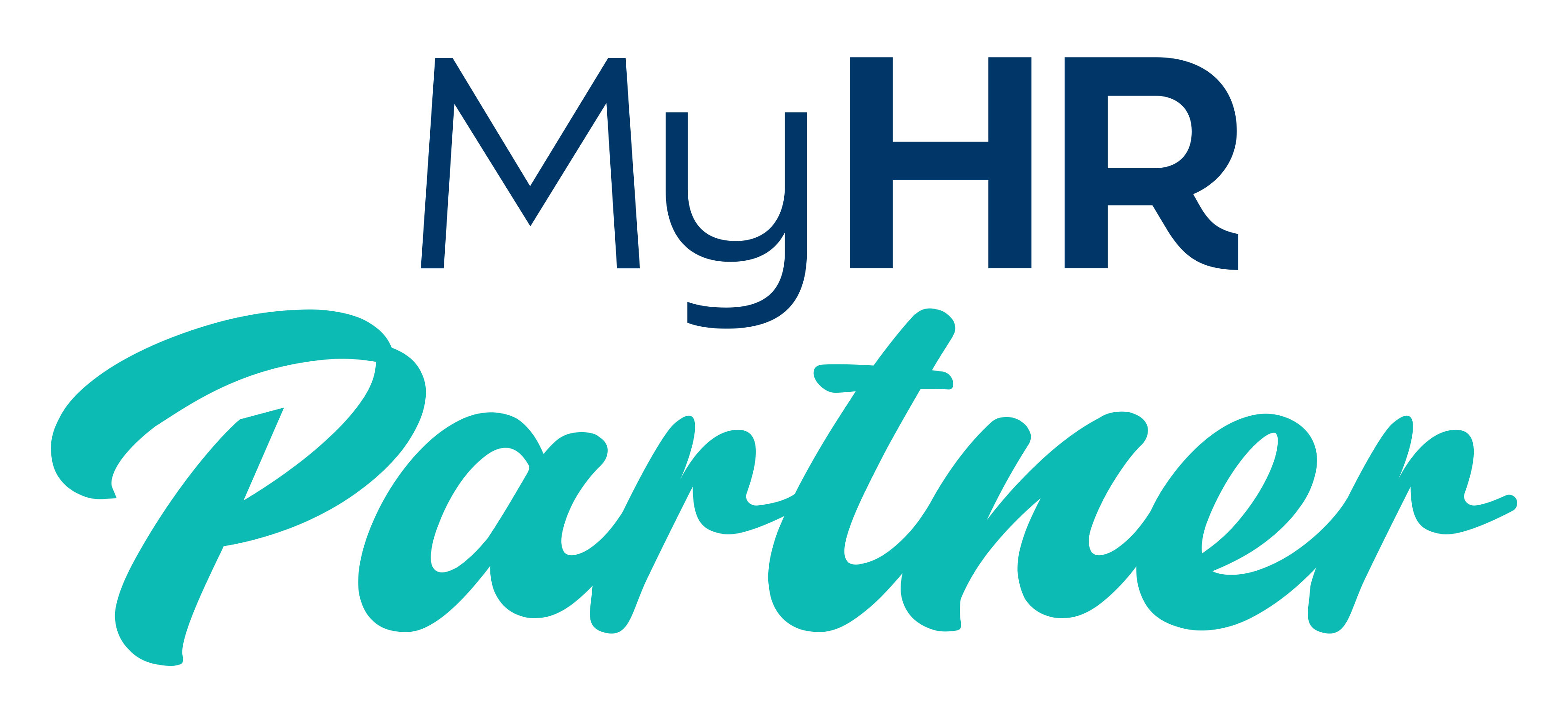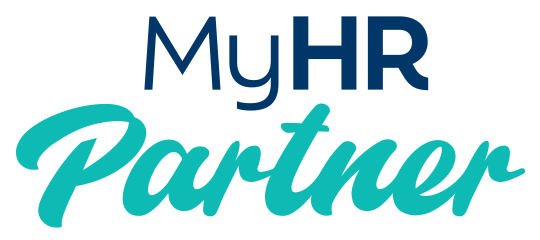Permanent Employment Contracts
Your employment contract is provided fully completed with your business details and the employee details. We also provide an employment contract template that you can use for future employees.
Your employment contract is provided
fully completed with your business details
and the employee details. We also provide an employment contract template that
you can use for future employees.
Order your employment contract here:

Your employment contract comes fully completed with your business and employee details. We also provide a template you can use for future hires.
The Comprehensive Employment Contract covers key aspects like employee details, probation, salary, hours, and leave entitlements including job duties, bonuses, overtime, and additional clauses on confidentiality, leave, post-employment restraints, dispute resolution, and governing laws.
All of our contracts are written by Employment Lawyers.

Your employment contract comes fully completed with your business and employee details. We also provide a template you can use for future hires.
The Comprehensive Employment Contract covers key aspects like employee details, probation, salary, hours, and leave entitlements including job duties, bonuses, overtime, and additional clauses on confidentiality, leave, post-employment restraints, dispute resolution, and governing laws.
All of our contracts are written by Employment Lawyers.
Our Latest Blog Post

Planning Employee Leave for the Year
Planning Employee Annual Leave for the Year
Managing employee annual leave is one of the most important aspects of running a successful business. Proper leave planning ensures your team stays motivated and productive while also keeping your business operations running smoothly. If you’re searching for the best HR advice in Australia, we’ve got you covered! Here’s how you can proactively plan employee leave for the year ahead while staying compliant with Fair Work requirements.
Why Planning Employee Leave is Essential
1. Avoid Staffing Shortages
Last-minute leave requests can leave your team short staffed, impacting customer service and overall productivity. Having a clear leave plan ensures coverage and minimises disruptions.
2. Boost Employee Wellbeing
Employees who take regular breaks are more engaged, productive, and less likely to burn out. Encouraging planned leave ensures your team gets the rest they need.
3. Stay Compliant with your Award and the National Employment Standards
Employers in Australia are legally required to provide annual leave entitlements as outlined in the National Employment Standards (NES). Proper planning ensures you’re meeting these obligations. It’s good to check that your leave accruals are correctly set up in your payroll system.
Best HR Advice for Planning Leave
Here’s how to approach annual leave planning to benefit both your business and your team:
1. Create a Leave Calendar
Use a shared leave calendar to map out public holidays, peak work periods, and any known commitments. This visibility helps employees choose dates that don’t clash with critical business operations. This could be on a White Board that is easily accessible to everyone or it could be an electronic version.
2. Communicate Policies Early
Clearly outline your leave policies in your HR policy handbook, including notice periods, entitlements, peak periods where leave may be restricted, and how to submit requests. Transparency avoids misunderstandings.
4. Plan for the Christmas/New Year shutdown
If your business shuts down over the Christmas/New Year period, make sure that you advise your employees in writing with the appropriate notice. Your Award will state the notice that is required.
Make sure that you plan and ensure that your employees will have enough leave to cover the shutdown period. For example, if an employee applies for leave that will result in them not having enough leave for the shutdown period, then you could make an agreement with them that you will approve the leave, but they agree in writing that they will take unpaid leave during the Christmas/New Year period. They will still be entitled to the public holidays during the Christmas/New Year period.
Or you may want to allow an employee to take annual leave in advance if they don’t have enough leave for this period. Again, make sure you have an agreement in writing that if they leave before they accrue the leave that they agree to repay the monetary value of the leave taken in advance.
5. Plan for your busy periods
Identify your busiest times of the year and plan staffing accordingly. For example, if you’re in retail, avoid approving leave during peak shopping seasons.
6. Be Fair and Consistent
Ensure leave approvals are based on a clear, fair process. Avoid favouritism and give all employees equal opportunities to take time off. If you have a policy that says only a certain number of employees can be on leave at the same time, apply that policy fairly.
Tools to Simplify Leave Management
•HR Software: Use tools like cloud based HR systems, cloud based rostering systems to track and manage leave requests.
•Spreadsheets: A well-organised leave spreadsheet can be a cost-effective option for smaller teams.
•Automated Alerts: Run regular leave balance reports and set up reminders for employees with high leave balances to encourage them to book time off.
Understanding Australian Leave Entitlements
Under Australian workplace laws, employees are entitled to:
4 weeks of paid annual leave per year for full-time employees
4 weeks of paid annual leave per year pro-rata for part-time employees, based on their contracted part time hours
Annual leave loading for specific awards or agreements.
It’s essential to stay updated on your industry’s award conditions in relation to leave loading and any other Fair Work Act requirements to remain compliant.
Final Thoughts
Planning employee leave for the year is about balance—ensuring your team has the time to recharge while keeping your business running smoothly. By following this HR advice, you’ll create a win-win for your employees and your bottom line.
If you’re struggling with leave planning or other HR challenges, consider partnering with us at My HR Partner. We specialise in simplifying people management for businesses across Australia. Let us take the stress out of HR so you can focus on growing your business.
Need help with your HR? Contact us today for expert support tailored to your needs!
We provide HR advice and support. We have trusted partners to assist with any employment law issues
outside of our scope.
More info

Get HR Advice from our HR expert
Our Latest Blog Post

Planning Employee Leave for the Year
Planning Employee Annual Leave for the Year
Managing employee annual leave is one of the most important aspects of running a successful business. Proper leave planning ensures your team stays motivated and productive while also keeping your business operations running smoothly. If you’re searching for the best HR advice in Australia, we’ve got you covered! Here’s how you can proactively plan employee leave for the year ahead while staying compliant with Fair Work requirements.
Why Planning Employee Leave is Essential
1. Avoid Staffing Shortages
Last-minute leave requests can leave your team short staffed, impacting customer service and overall productivity. Having a clear leave plan ensures coverage and minimises disruptions.
2. Boost Employee Wellbeing
Employees who take regular breaks are more engaged, productive, and less likely to burn out. Encouraging planned leave ensures your team gets the rest they need.
3. Stay Compliant with your Award and the National Employment Standards
Employers in Australia are legally required to provide annual leave entitlements as outlined in the National Employment Standards (NES). Proper planning ensures you’re meeting these obligations. It’s good to check that your leave accruals are correctly set up in your payroll system.
Best HR Advice for Planning Leave
Here’s how to approach annual leave planning to benefit both your business and your team:
1. Create a Leave Calendar
Use a shared leave calendar to map out public holidays, peak work periods, and any known commitments. This visibility helps employees choose dates that don’t clash with critical business operations. This could be on a White Board that is easily accessible to everyone or it could be an electronic version.
2. Communicate Policies Early
Clearly outline your leave policies in your HR policy handbook, including notice periods, entitlements, peak periods where leave may be restricted, and how to submit requests. Transparency avoids misunderstandings.
4. Plan for the Christmas/New Year shutdown
If your business shuts down over the Christmas/New Year period, make sure that you advise your employees in writing with the appropriate notice. Your Award will state the notice that is required.
Make sure that you plan and ensure that your employees will have enough leave to cover the shutdown period. For example, if an employee applies for leave that will result in them not having enough leave for the shutdown period, then you could make an agreement with them that you will approve the leave, but they agree in writing that they will take unpaid leave during the Christmas/New Year period. They will still be entitled to the public holidays during the Christmas/New Year period.
Or you may want to allow an employee to take annual leave in advance if they don’t have enough leave for this period. Again, make sure you have an agreement in writing that if they leave before they accrue the leave that they agree to repay the monetary value of the leave taken in advance.
5. Plan for your busy periods
Identify your busiest times of the year and plan staffing accordingly. For example, if you’re in retail, avoid approving leave during peak shopping seasons.
6. Be Fair and Consistent
Ensure leave approvals are based on a clear, fair process. Avoid favouritism and give all employees equal opportunities to take time off. If you have a policy that says only a certain number of employees can be on leave at the same time, apply that policy fairly.
Tools to Simplify Leave Management
•HR Software: Use tools like cloud based HR systems, cloud based rostering systems to track and manage leave requests.
•Spreadsheets: A well-organised leave spreadsheet can be a cost-effective option for smaller teams.
•Automated Alerts: Run regular leave balance reports and set up reminders for employees with high leave balances to encourage them to book time off.
Understanding Australian Leave Entitlements
Under Australian workplace laws, employees are entitled to:
4 weeks of paid annual leave per year for full-time employees
4 weeks of paid annual leave per year pro-rata for part-time employees, based on their contracted part time hours
Annual leave loading for specific awards or agreements.
It’s essential to stay updated on your industry’s award conditions in relation to leave loading and any other Fair Work Act requirements to remain compliant.
Final Thoughts
Planning employee leave for the year is about balance—ensuring your team has the time to recharge while keeping your business running smoothly. By following this HR advice, you’ll create a win-win for your employees and your bottom line.
If you’re struggling with leave planning or other HR challenges, consider partnering with us at My HR Partner. We specialise in simplifying people management for businesses across Australia. Let us take the stress out of HR so you can focus on growing your business.
Need help with your HR? Contact us today for expert support tailored to your needs!
We provide HR advice and support.
We have trusted partners to assist with
any employment law issues outside
of our scope.
More info
Get HR Advice from our HR expert








